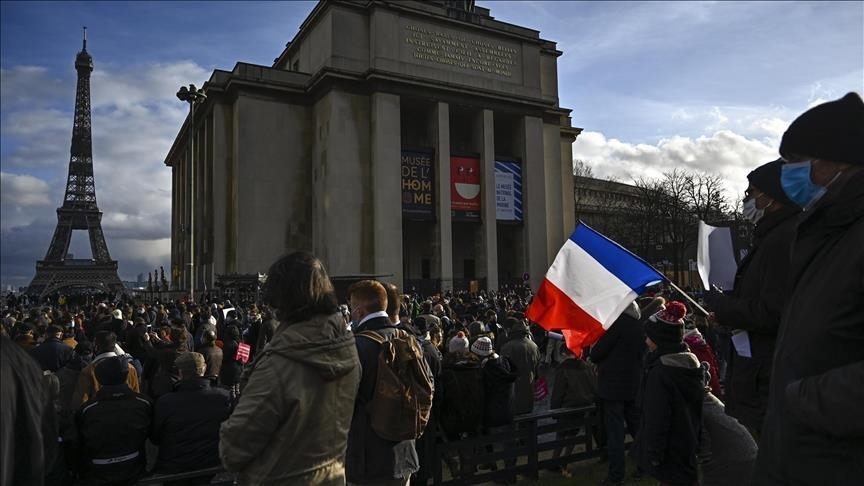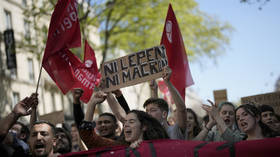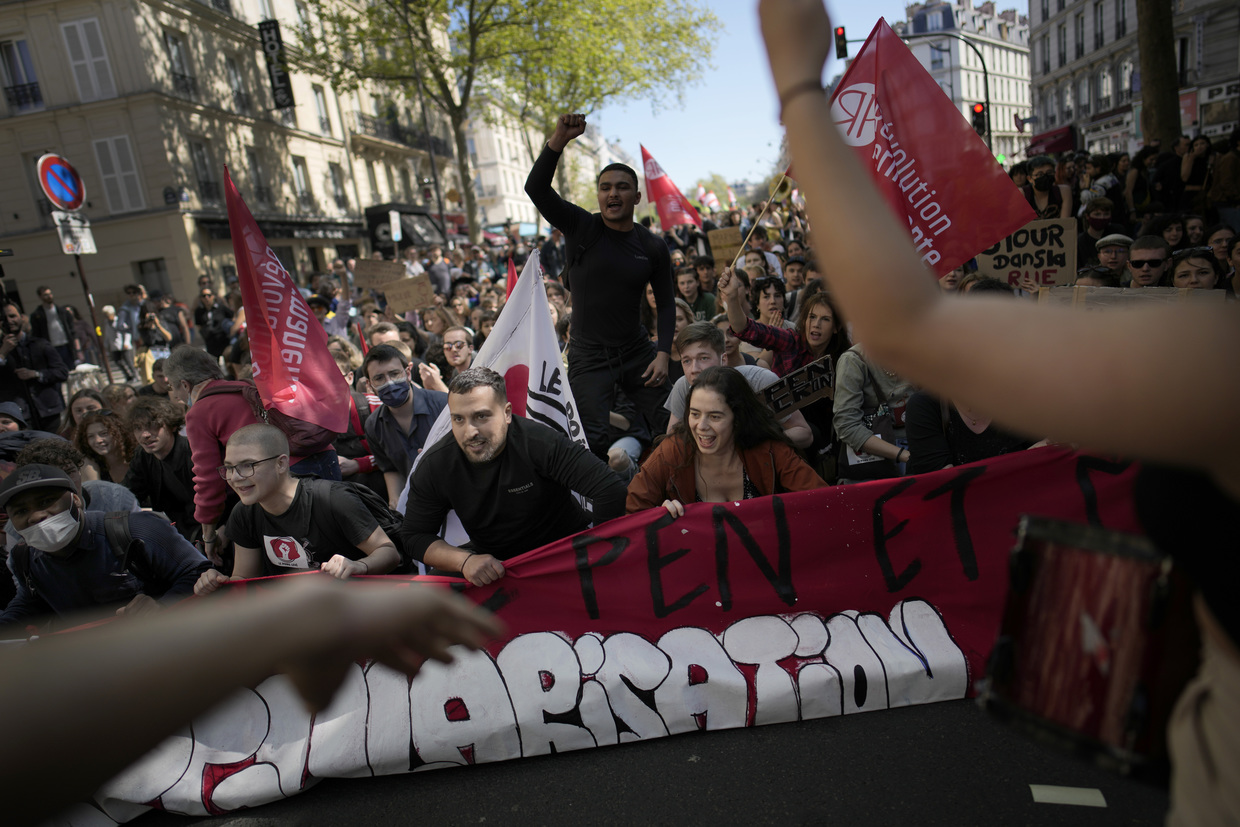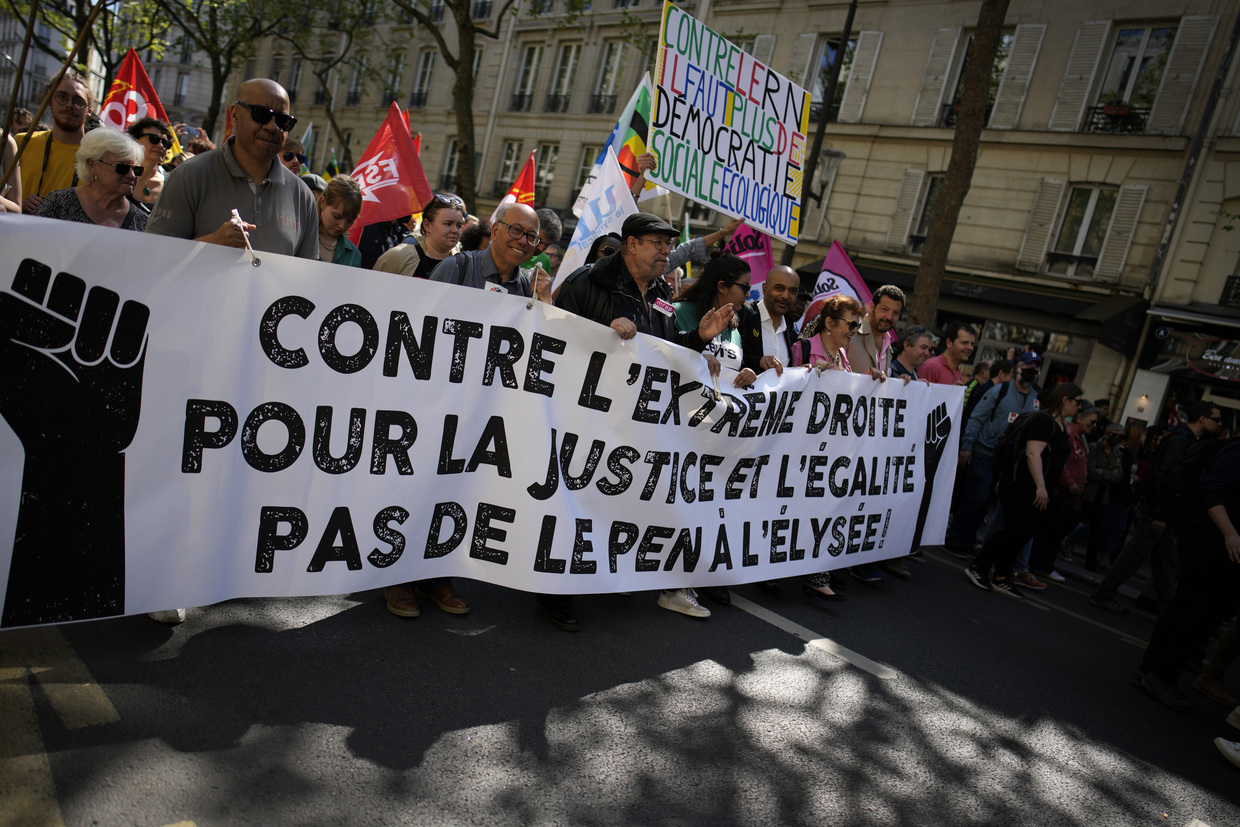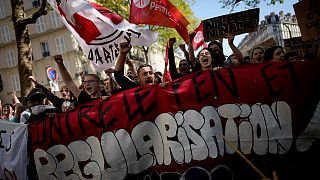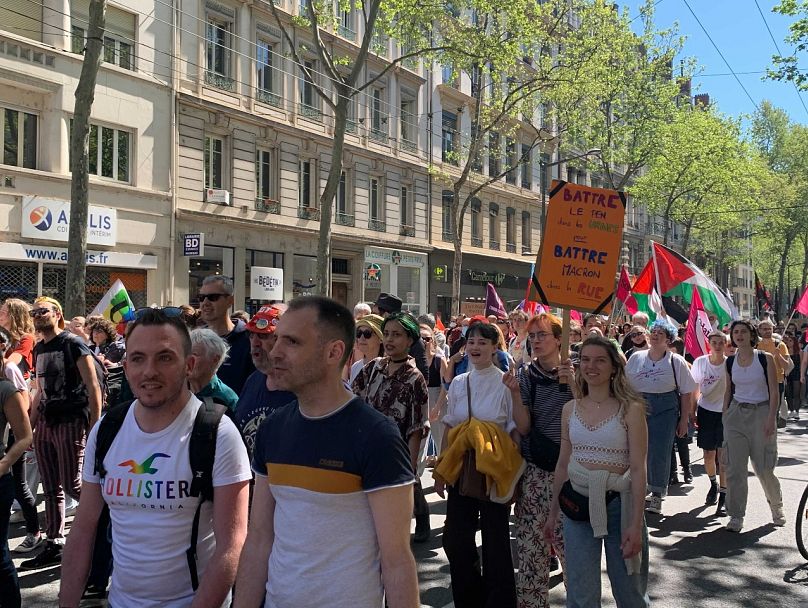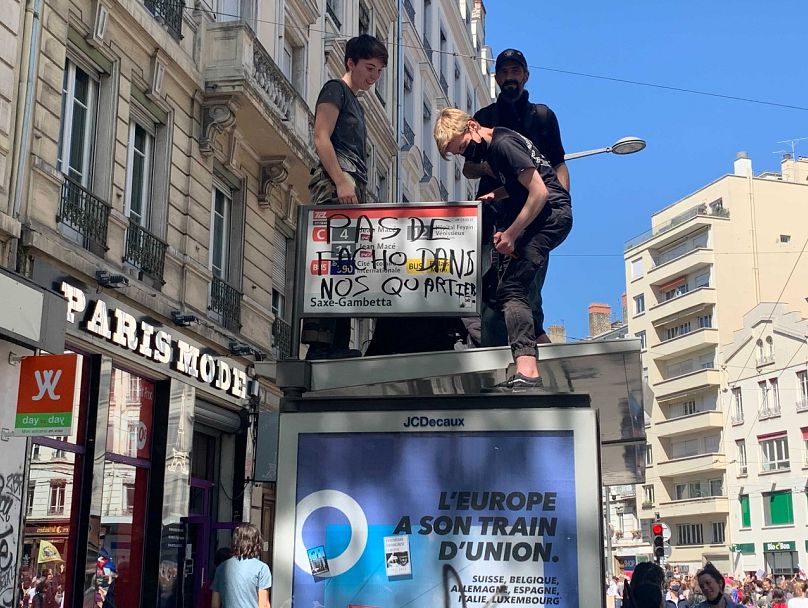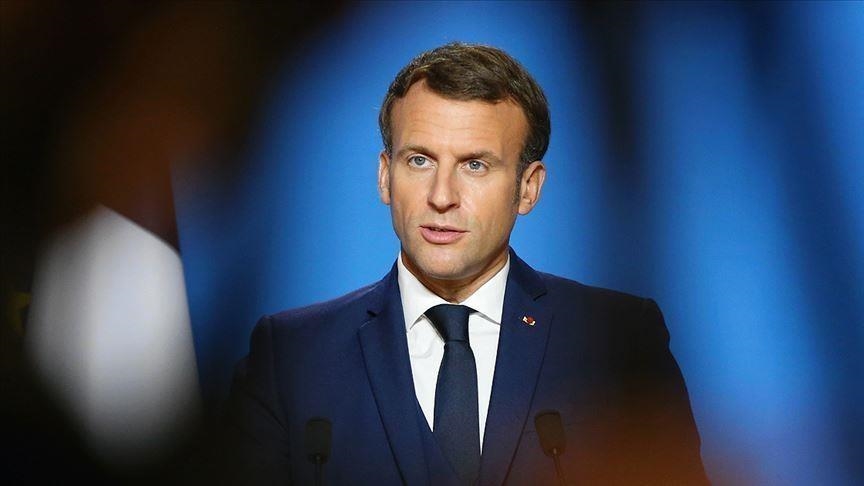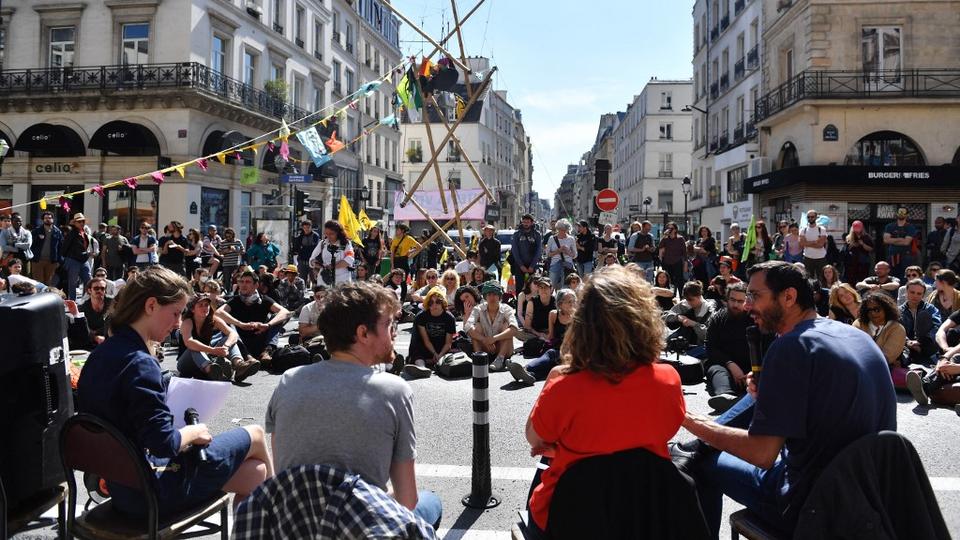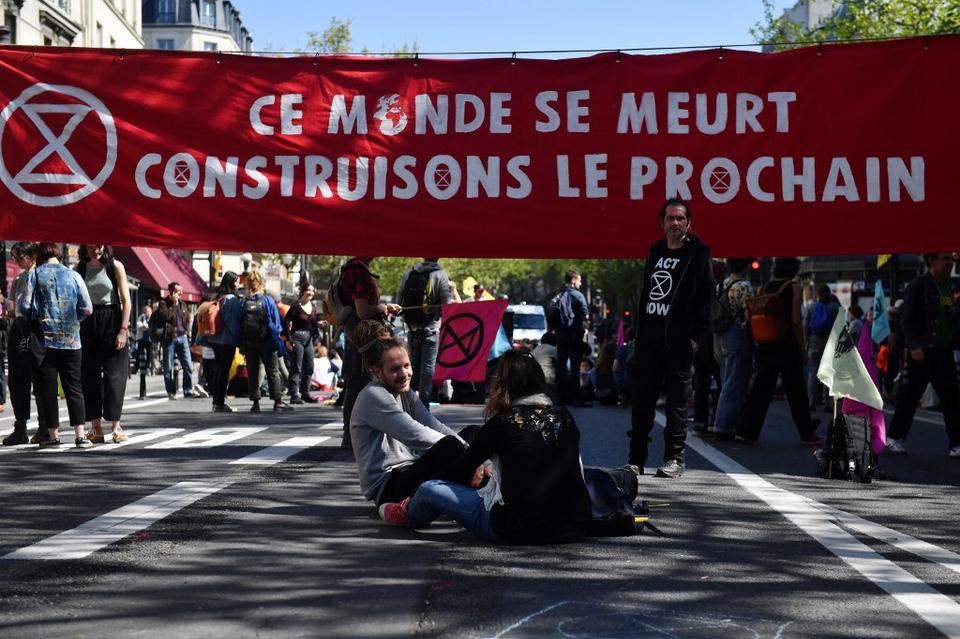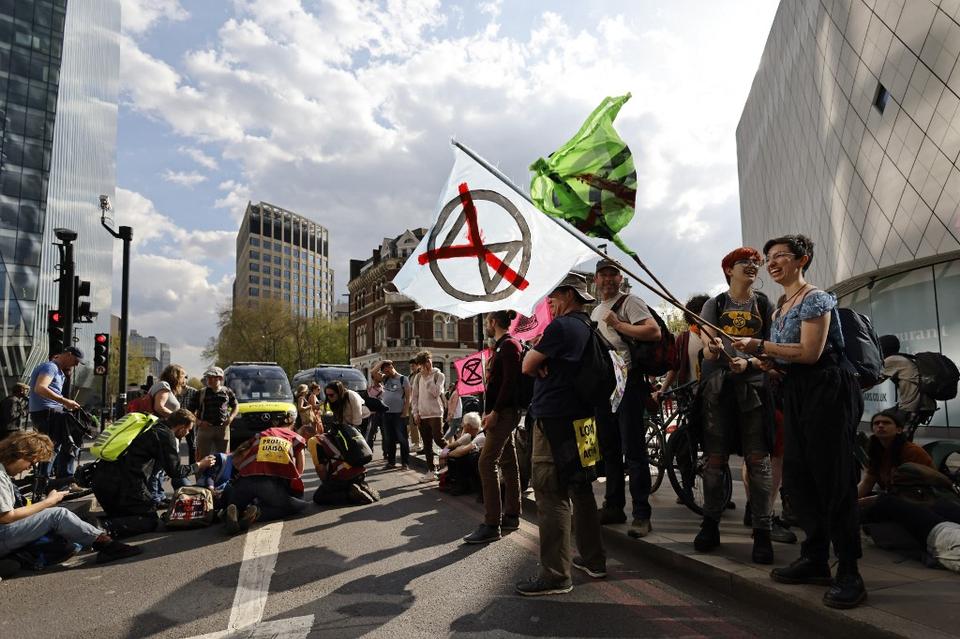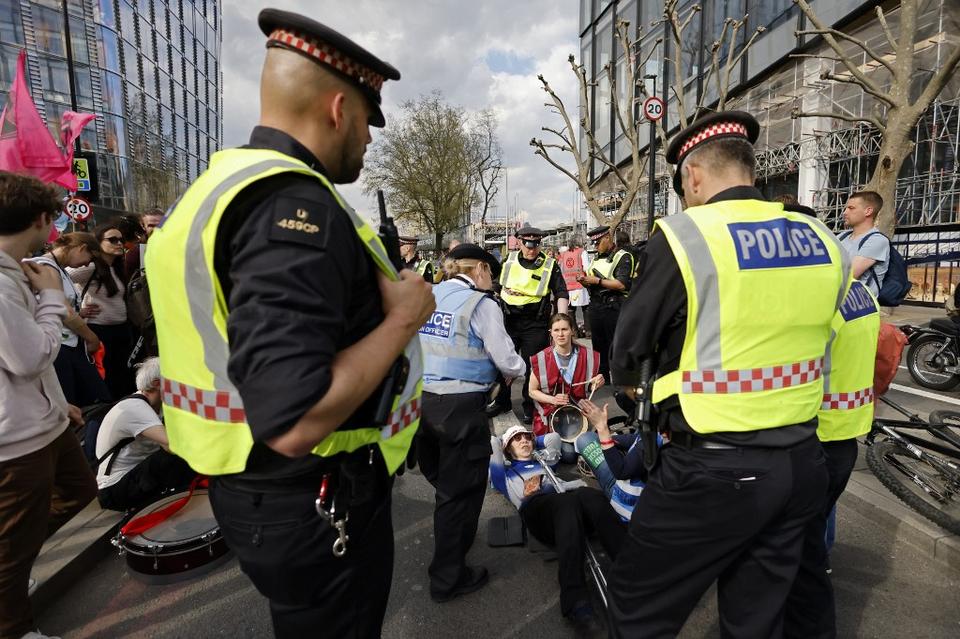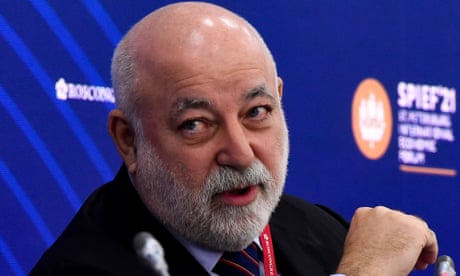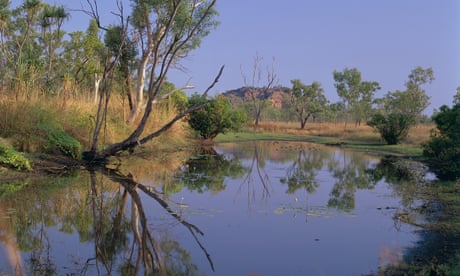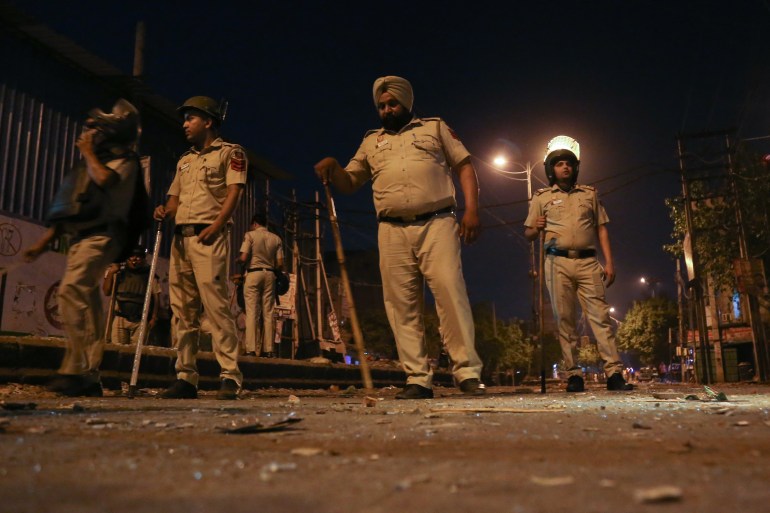
Published On 16 Apr 2022
Clashes broke out during a Hindu religious procession in the Indian capital, New Delhi, on Saturday that left several people and police officers injured.
The violence erupted between Muslims and Hindus during the procession in Jahangirpuri, a suburb of New Delhi, eye witnesses said.
Police said they were still investigating the source of the disturbances.
“We are still assessing how many people are injured … some policemen have also been hurt,” said Deependra Pathak, a police official in Jahangirpuri.
The violence broke out during a procession to mark the Hindu festival of Hanuman Jayanti, police said without giving further details.
Earlier on Saturday, protesters in New Delhi shouted slogans against Prime Minister Narendra Modi’s government saying Muslims had been violently targeted by authorities last week in the aftermath of Hindu-Muslim clashes in parts of three states ruled by Modi’s Hindu nationalist party.
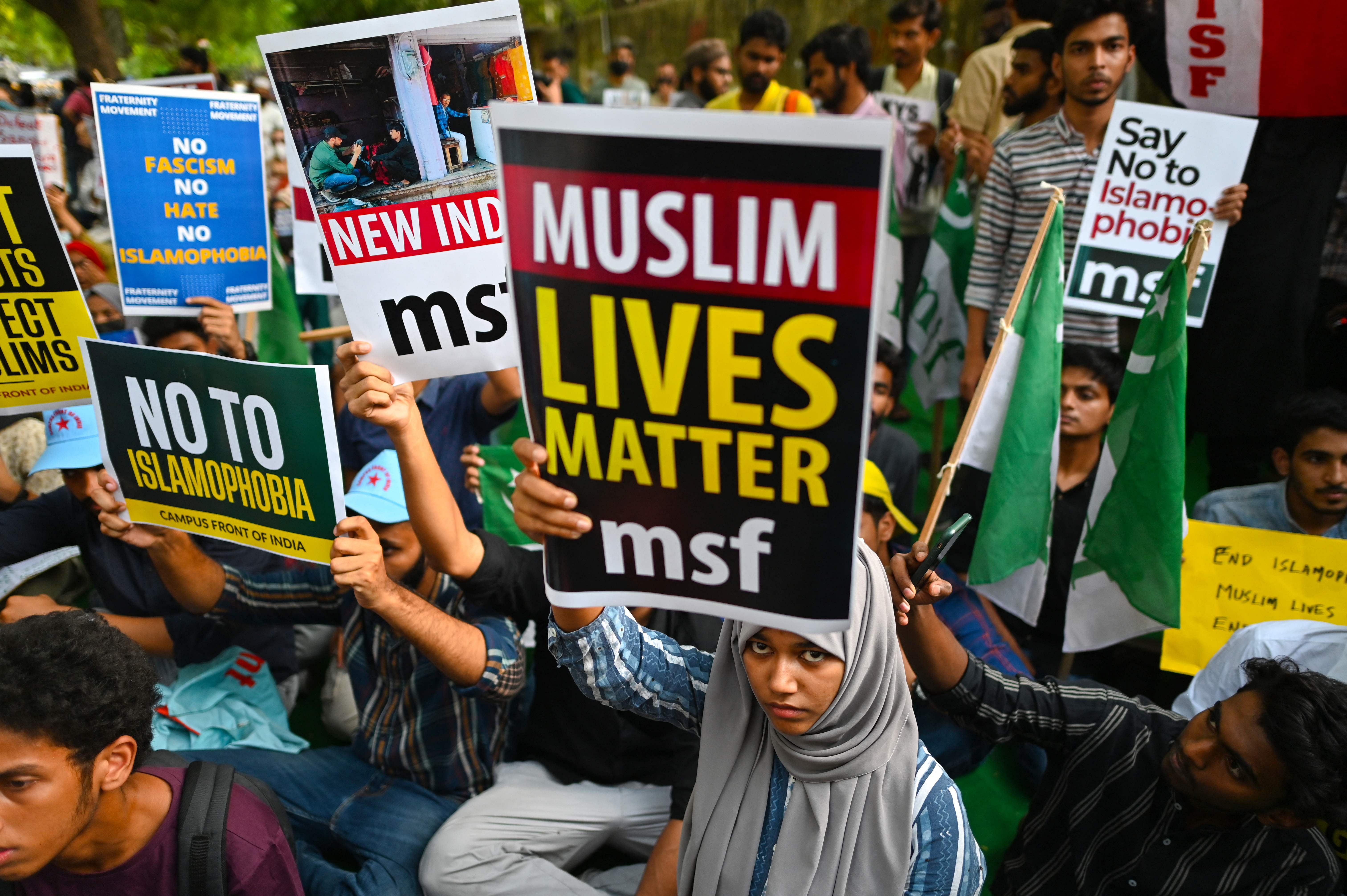
The clashes last Sunday during a religious festival prompted police to impose a curfew in one town and ban gatherings of more than four people in parts of the states.
Local authorities tore down the homes and shops of suspected Muslim rioters in central Madhya Pradesh state in the aftermath of last weekend’s violence that broke out during the Hindu festival of Ram Navami, said a police official who did not want to be named.
In Modi’s home state, Gujarat, authorities demolished makeshift shops belonging to those they said were involved in the riots in which one man was killed.
Opposition politicians have accused Modi’s right-wing Hindu nationalist Bharatiya Janata Party of stoking tensions between majority Hindus and Muslims in states that it rules.
Leaders of 13 opposition parties issued a joint statement calling for peace and harmony after the religious clashes.
“We are extremely anguished at the manner in which issues related to food, dress, faith, festivals and language are being deliberately used by sections of the ruling establishment to polarise our society,” the leaders said.
The New Arab Staff & Agencies
16 April, 2022
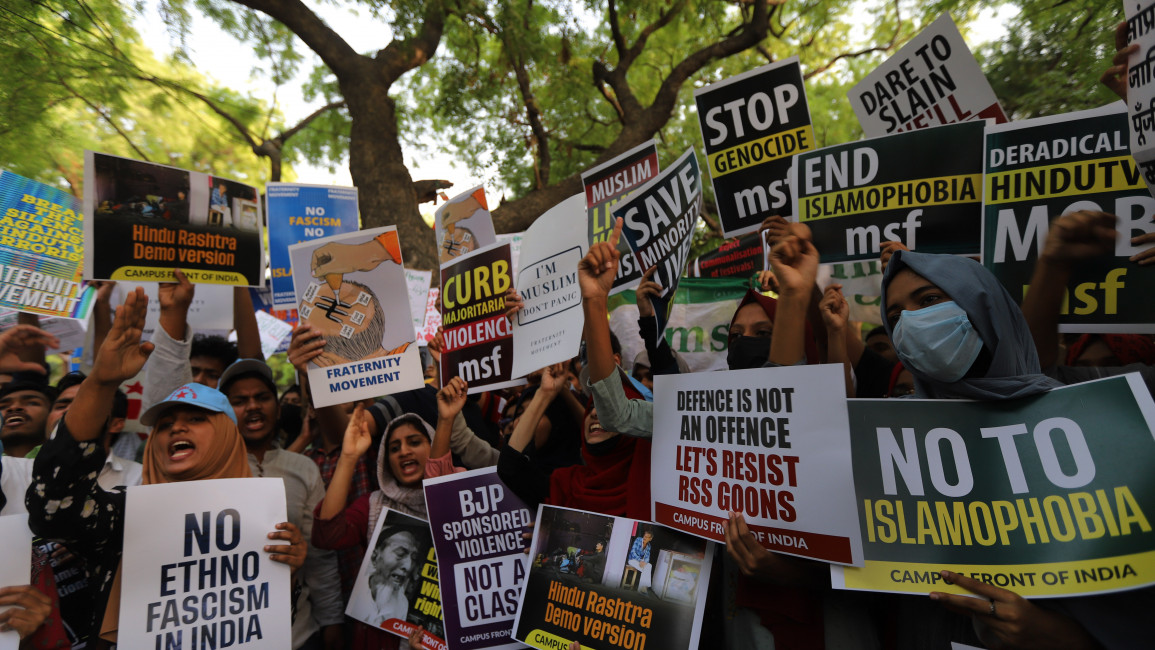
Protesters stood against Islamophobia in New Delhi [Getty]
Protesters in New Delhi shouted slogans against Indian Prime Minister Narendra Modi's government on Saturday, saying Muslims were violently targeted by authorities in the aftermath of Hindu-Muslim clashes.
The clashes on Sunday during a religious festival prompted police to impose a curfew in one town and ban gatherings of more than four people in parts of three states ruled by Modi's Hindu nationalist party.
Local authorities tore down the homes and shops of suspected Muslim rioters in central Madhya Pradesh state in the aftermath of the violence that broke out during the Hindu festival of Ram Navami, according to a police official who did not want to be named.
In Modi's home state, Gujarat, authorities demolished makeshift shops belonging to those they said were involved in the riots in which one man was killed, said an official in Anand district in Gujarat, where the clashes erupted.
The clashes saw Hindus and Muslims throw stones at each other, injuring at least 24 people.
Hindu extremists then attacked Muslims and burned down a mosque while police reportedly stood by.
Police and local authorities told Reuters after the clashes that they were free from bias and acting within the law.
Opposition politicians have accused Modi's right-wing Hindu nationalist Bharatiya Janata Party of stoking tensions between majority Hindus and Muslims in states that it rules.
Police in India's most populous state of Uttar Pradesh on Friday arrested nine people from a hardline Hindu group suspected of torching the home of a Muslim man who married a Hindu woman. At the protest attended by scores of people in New Delhi, Kavita Krishnan, a social activist, said India was being transformed from a constitutional democracy to a Hindu supremacist state.
Leaders of 13 opposition parties made a joint statement calling for peace and harmony and after the religious clashes.
"We are extremely anguished at the manner in which issues related to food, dress, faith, festivals and language are being deliberately used by sections of the ruling establishment to polarize our society," the leaders said.
(Reuters)

(File Photo)
In India, main opposition party, Congress President, Sonia Gandhi says hatred, bigotry and intolerance are engulfing the country under Modi led BJP regime.
In an article, she said people cannot stand by and watch as peace and pluralism are sacrificed at the altar of bogus nationalism.
She also highlighted the rising chorus of hatred, the unconcealed instigation of aggression and even crimes against the minorities across India.
Sonia Gandhi said all dissent and opinion that are opposed to the ideology of those in power are sought to be ruthlessly stifled.
She said political opponents are targeted and the full might of the state machinery is unleashed against them.
She said that activists are being threatened and sought to be silenced while social media particularly is being used to propagate lies and venom.
Meanwhile, Congress leader Rahul Gandhi also shared the article on twitter saying that every Indian is paying the price for the hate fuelled by BJP and RSS.
